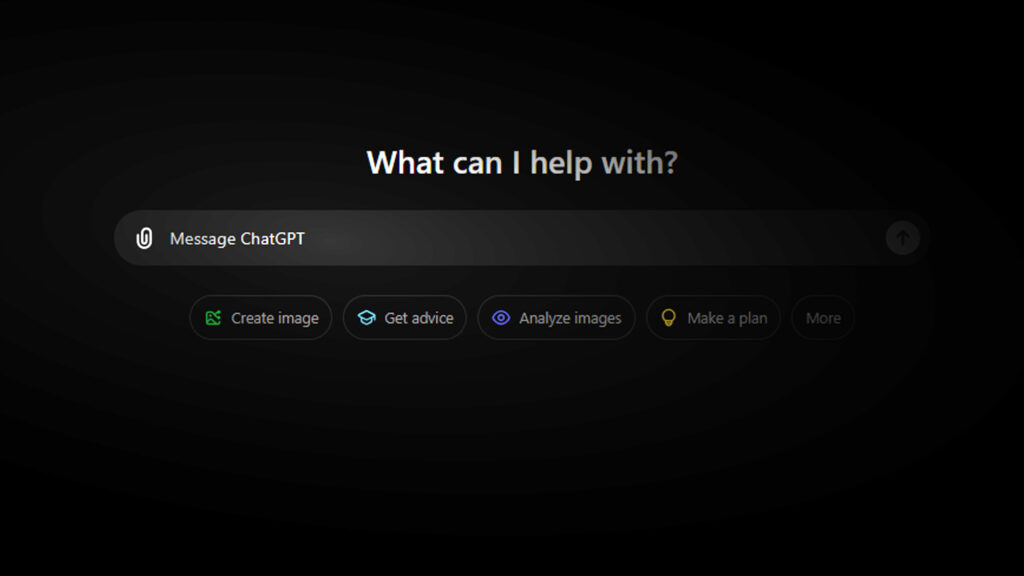ChatGPT, known for revolutionizing generative AI, now offers real-time search capabilities. This new feature has sparked comparisons to Google, the search giant we’ve all used for decades. As someone who’s spent years relying on Google, I’m now exploring if ChatGPT Search could become my new default. Its engaging, conversational style makes it feel less like a tool and more like an interactive experience. Could ChatGPT Search replace Google?
ChatGPT Search vs. Google: First Impressions
Fast, Simple, and Free of Ads
Using ChatGPT Search, I was immediately struck by its clean, ad-free interface. In contrast to Google’s ad-laden results, ChatGPT focuses solely on delivering information quickly and accurately. Each search response is cited, offering transparency, which appeals to users seeking a streamlined search experience without interruptions.
| Feature | ChatGPT Search | Google Search |
|---|---|---|
| Speed | Fast, minimal load times | Varies, influenced by ads and additional elements |
| Ads | None | Frequent, often taking top spots |
| Follow-Up | Retains context; allows interactive question flow | Requires new or revised search |
| Content Quality | Reliable, with reputable citations | Mixed; includes AI overviews, sometimes biased |
Core Benefits of ChatGPT Search: Interactive, Accurate, and Ad-Free
- Speed and Clarity: ChatGPT delivers answers quickly, without the distraction of ads or promotional content.
- Reliable Sources: Responses include citations to reputable sites, emphasizing a fact-based approach.
- Contextual Conversations: ChatGPT’s ability to maintain context allows for follow-up questions without restating the initial query.
For instance, I asked ChatGPT for camera recommendations for wildlife photography. It provided a list of recommended models, with brief summaries and cited sources. A follow-up question, “What are some budget options?” was answered seamlessly, without having to repeat my initial request. With Google, I had to rephrase my search, disrupting the flow.

Comparing Search Experiences: ChatGPT’s Clean, Cohesive Interaction
A Refreshing Take on Search
During testing, I tried more complex queries, such as travel directions from Bryant Park to Dumbo, Brooklyn. ChatGPT provided a detailed route and sourced an MTA map for easy reference. I followed up with, “Is there good food in Dumbo?” and ChatGPT suggested local restaurants, complete with descriptions. Each result felt tailored to my query, while Google’s results led to more manual searching.
“ChatGPT Search feels like a conversation rather than a transaction. It’s engaging, and each response feels tailored.”
Google’s Advantage: Integrated Tools but Heavier Interface
Google’s search comes with several added functionalities, from Google Maps to “People Also Ask.” While useful, these features can clutter the experience. When I repeated the travel query on Google, it integrated Google Maps seamlessly but needed me to revise the food-related query, breaking the conversation flow ChatGPT maintained.
Feature Comparison: ChatGPT Search vs. Google
| Criteria | ChatGPT Search | Google Search |
|---|---|---|
| Usability | Simple, no ads | Effective but ad-heavy |
| Contextual Queries | Yes, follows conversation | Limited, requires rephrasing |
| Data Sources | Cited reputable sources | Mixed quality and reliability |
| Reliability | High, with clear answers | High, but AI summaries vary |
Limitations of ChatGPT Search: Room for Growth
While ChatGPT has proven useful, it isn’t perfect. Occasionally, it uses lesser-known sources and sometimes displays a disclaimer that “ChatGPT may make mistakes.” Google’s knowledge graph, developed over decades, likely still holds the edge for comprehensive data.
Moreover, ChatGPT lacks some of Google’s tools, such as “People Also Ask,” which aggregates related questions to deepen understanding. Still, for straightforward queries or users who value a conversational experience, ChatGPT has many appealing attributes.
Practical Use Cases: Real-World Examples and Results
Scenario 1
- Question: “What are the best DSLRs for wildlife photography?”
- ChatGPT Search: Listed top DSLR options with specifications and pros for each model, citing reliable review sites.
- Google: Displayed an AI summary, followed by general product links.
Scenario 2
- Question: “How much do 45 pennies weigh?”
- ChatGPT Search: Provided an exact answer, citing the US Mint for accuracy.
- Google: Redirected to several web pages, requiring more clicks to reach the answer.
Final Thoughts: Can ChatGPT Search Really Compete with Google?
ChatGPT Search offers an impressive, engaging alternative to traditional search engines. Google still holds advantages, particularly in its vast data ecosystem, such as integrated Maps, Images, and its extensive knowledge graph. However, ChatGPT’s conversational tone and ad-free experience provide a refreshing approach, making search feel less transactional and more interactive.
For users open to experimenting, installing ChatGPT’s Chrome extension may be a game-changer. It brings a new level of conversationality to search, introducing an exciting shift in the search experience.
Conclusion: What’s Next for Search?
In the search world, Google’s dominance remains strong, yet ChatGPT is quickly emerging as a competitor, bringing a unique experience to the table. The choice between Google and ChatGPT depends on personal preference. Google remains a robust, all-in-one tool; ChatGPT feels like an engaging conversation with a knowledgeable guide. Whether Google will adapt or ChatGPT continues to rise remains to be seen, but one thing’s for sure—search as we know it is evolving.
For now, I’m keeping both in my toolkit.
